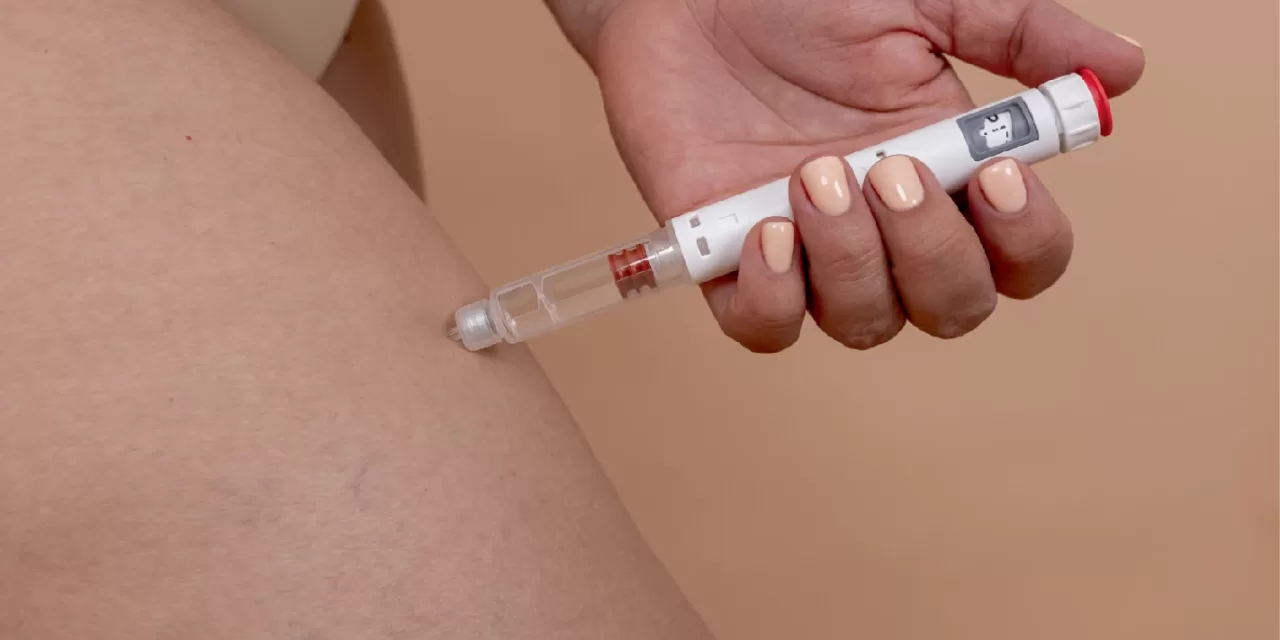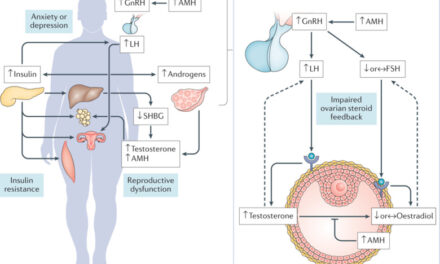The next frontier in obesity management may soon feature once-monthly injectable medications, according to a new report by GlobalData, a leading data and analytics firm. Building on the success of once-weekly glucagon-like peptide 1 receptor (GLP-1R) agonists, these longer-acting candidates promise to simplify treatment and reduce the burden on patients.
The report highlights anti-obesity medications as a top industry trend expected to have a significant impact over the next year. Rising global obesity rates have sparked increased investment in the obesity drug market, fueling innovations such as new mechanisms of action, oral alternatives, and reduced dosing frequencies.
While once-weekly injections by Novo Nordisk and Eli Lilly have already achieved widespread acclaim, their weekly administration can sometimes be inconvenient for patients. Enter Amgen and Metsera, two companies leading the development of once-monthly obesity treatments.
Amgen’s MariTide (maridebard cafradutide) has shown remarkable promise, demonstrating an average weight loss of 17% at 52 weeks in clinical trials. Notably, patients experienced no weight loss plateau, and up to 99% achieved more than a 5% reduction in body weight.
Metsera’s MET-097i, initially developed for once-weekly dosing, has emerged as another strong contender due to its long half-life. Early Phase IIa trial results revealed a placebo-adjusted mean body weight loss of 11.3% in just 12 weeks, with no plateau observed. Although the trial’s duration and participant numbers were limited, the results have sparked optimism in the industry.
“This amount of weight loss in such a short time frame is impressive,” said Costanza Alciati, Pharma Analyst at GlobalData. “Now, we will see if these results can be maintained in larger trials with bigger cohorts.”
The market potential for these next-generation drugs is immense. GLP-1R agonists are projected to reach $125.3 billion in sales by 2033 across seven major markets—the US, France, Germany, Italy, Spain, the UK, and Japan—with 90% of revenues stemming from obesity treatments.
“These ultra-long-acting drugs, along with oral candidates and novel mechanisms of action, represent the future of obesity management,” said Alciati. “The exciting part is that many of these advancements are already in clinical stages, indicating they may reach the market sooner than expected.”
The obesity drug development space is abuzz with innovation, as pharmaceutical companies race to deliver therapies that combine efficacy, convenience, and improved patient outcomes. With once-monthly injectables on the horizon, a new era of obesity treatment is fast approaching.











